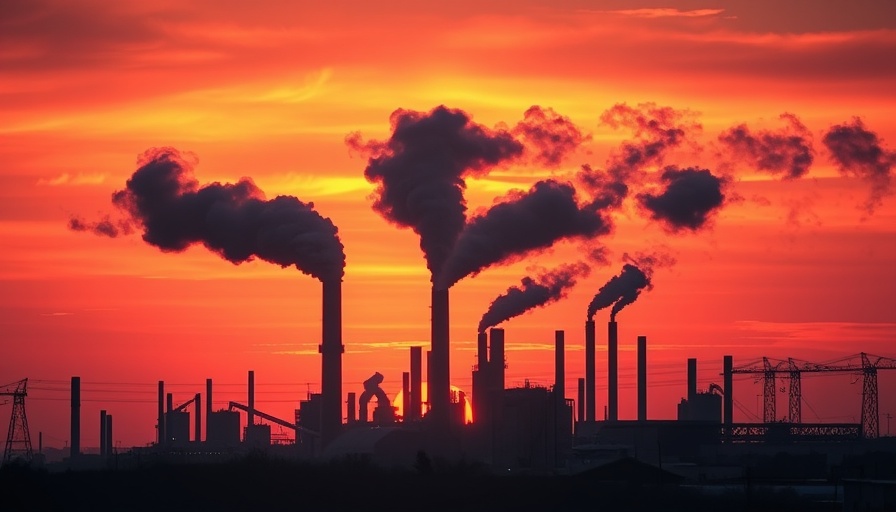
Chile and Argentina Face Record-Cold Challenges
As the southern hemisphere shivers under an unprecedented polar cold wave, Chile and Argentina have found themselves ranked among the coldest places on Earth outside the polar regions. The World Meteorological Organization (WMO) reported that temperatures have dropped to as low as -15°C (5°F), a dramatic shift that is raising alarms throughout the region.
Polar Anticyclone: A Game Changer for Southern South America
Commencing on June 26, this cold spell has significantly contrasted with the oppressive heat swell in the northern hemisphere. While Europe grapples with heat waves, countries like Argentina, especially cities like Mar del Plata—typically just cool in winters—are facing severe challenges in natural gas distribution used for heating. Such changes not only strain local resources but also highlight the deepening impacts of climate change on our day-to-day living.
Implications for Infrastructure and Public Safety
The Argentine government has responded with early warnings and cold-weather alerts, closing schools, businesses, and public buildings in efforts to conserve gas supplies for residential heating. This has sparked discussions on infrastructure resilience and the need for improved crisis responses as these extreme weather events reveal the vulnerabilities in energy distribution systems.
The Bigger Picture: Climate Change's Unyielding Grip
This rare phenomenon sheds light on global climate trends, offering stark reminders of our planet's changing conditions. As the region adapts to weather extremes, the contrast between record lows in South America and escalating heat elsewhere beckons policymakers and investors to reconsider their strategies. The pressing need for climate adaptation and investment in sustainable infrastructure becomes apparent if we wish to safeguard economies and the people they serve.
Call to Action: Time for Proactive Measures
As we witness climatic extremes in various parts of the globe, it’s crucial for leaders, investors, and policymakers to engage in proactive discussions. Balancing resources and planning for future resilience against unpredictable weather patterns must be a priority. Engage in forums and networks addressing global climate challenges to contribute to a more secure socio-economic future.
 Add Row
Add Row  Add
Add 


 Add Row
Add Row  Add
Add 

Write A Comment